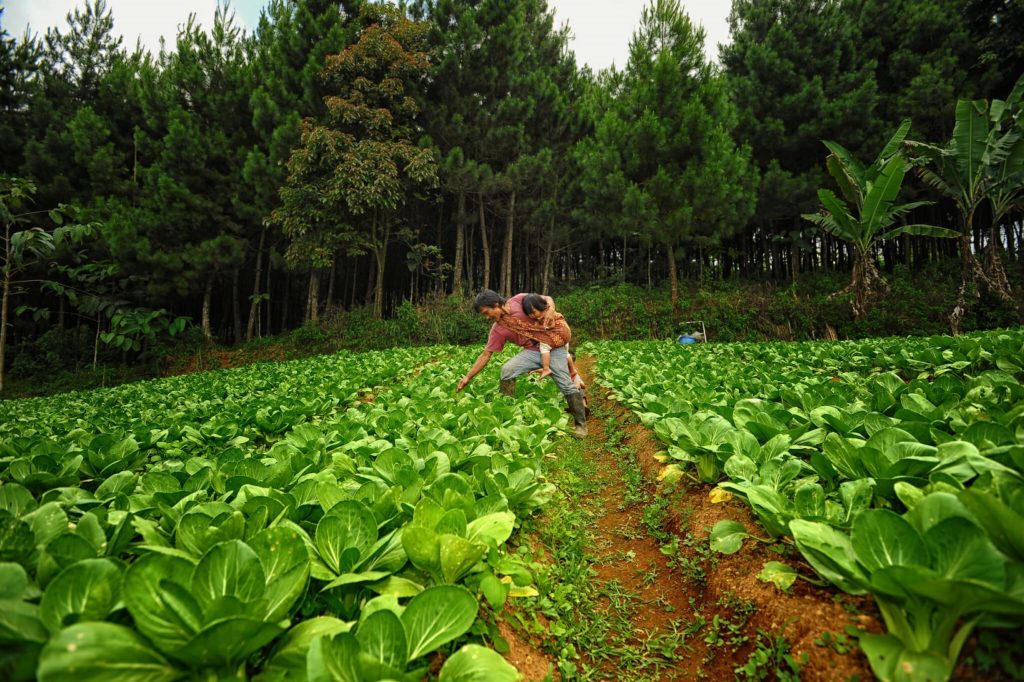Since its start in the late 19th century, modern plant breeding has been intimately connected to scientific progress – often in the front line. New technologies have successively been developed to be included in the plant breeder’s toolbox. In the last decades molecular genetics has entered the scene as a very powerful technology and – rightly used – it will be a great tool for changing the world to the better.
New challenges are facing us: climate change, severe environmental problems, increased population, degraded soils, overexploitation, pests and diseases are threats to our crops worldwide – leading to hunger, malnutrition, population migrations and ultimately wars. The symposium will elucidate how plant breeding can contribute to meet the severe challenges facing the world. Distinguished international scientists and plant breeders will present their views on how science can contribute to the positive development of agriculture, food production and forestry.
The event is part of the international Bertebos Prize, where the Prize Laureate actively participates in the planning and implementation of an international seminar in his or her field of expertise. The seminar has its focus on plant breeding applications to ensure increased food security in low-income countries. Professor Rodomiro Ortiz has over his entire professional career been deeply devoted in developing plant breeding as a key mechanism to produce high yields of healthy food in order to fight hunger and malnutrition. Ortiz is an outstanding scientist, and he has greatly contributed to develop the science of plant breeding and connected techniques. At the seminar, Professor Ortiz will give his own thoughts on the importance of this research for the global development.
Programme HERE
Registration No later than 15 October at https://dinkurs.se/80677
